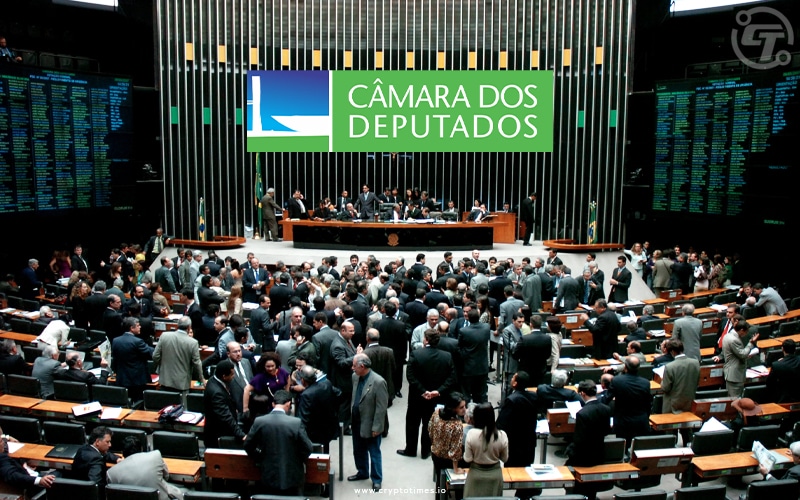There was a time when Brazilian tax law did not include provisions for cryptocurrency. However, Brazil’s lower house of Congress has now approved a bill that aims to improve industry oversight by establishing a comprehensive regulatory framework for the trading and use of cryptocurrencies in the country.
The bill was approved by the Chamber of Deputies, but it now needs to be signed into law by outgoing President Jair Bolsonaro.
The bill, which broadly applies to a sector known as “virtual assets,” mandates the creation of a “virtual service provider” license, which must be requested by companies such as exchanges and other crypto firms.
The bill would apply to legal entities that exchange virtual currencies for local or foreign currencies, exchange virtual assets, conduct transfers, or are involved in financial services related to virtual asset issuers or vendors.
It does not make bitcoin or any other cryptocurrency legal tender in the country, but it does recognize bitcoin as a digital representation of value that can be used as a means of payment as well as an investment asset.
The bill aims to regulate the establishment and operation of Bitcoin service providers in Brazil, defining them as entities that provide cryptocurrency trading, transfer, custody, administration, or sale on behalf of a third party.
It creates a new crime of fraud involving virtual assets, with a penalty of two to six years in prison plus a fine.
When bitcoin is used as a payment method, the Central Bank of Brazil (BCB) is expected to be in charge, while the country’s securities and exchange commission (CVM) will be the watchdog.






